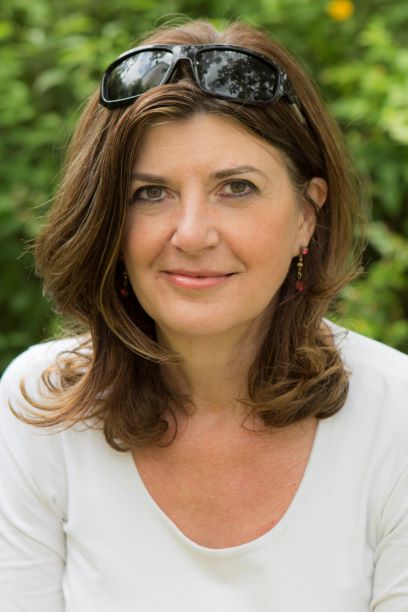About
Described as ́a special brand of minimalism in a profound spiritual context ́ (Anthony Pither, former Director
of Music, University of Leicester), Rosemary Duxbury says the source of inspiration for her music is "from
within: a place where 'streams' of 'inner sound' and 'inner light' can be accessed."
Her classical work includes compositions for piano, chamber groups, orchestra, choir and songs and is
performed and broadcast internationally. Rosemary ́s instrumental music has been recorded by international
artists on four albums (Charasound label). Her vocal work includes "Kabir Says...”, recorded by mezzo
soprano Bhawani Moennsad and pianist Symeon Ioannidis at the Berlin State Opera House Rooms, and its
World Premiere given by soprano Katerina Mina and pianist Andrea Benecke in London in 2016 followed by
a German premiere in Munich. Rosemary has also completed a choral version of this piece. Her latest
orchestral composition, “Touch of Love” for solo violin and orchestra, has been recorded by the City of
Prague Philharmonic Orchestra (conductor Nic Raine).
Rosemary also composes for film and gained a distinction for her MA in Professional Media Composition.
Her feature film work includes music for “Ashes" (dir. Alan Coulson) which won best international feature
film at the Garden State Film Festival in America. Other collaborations include work with poets, artists,
photographers; used in theatre; choreographed for dance; and for ice-skating by world professional ice
skating champion Lorna Brown.
Rosemary Duxbury ́s sheet music is published by Charasound.
